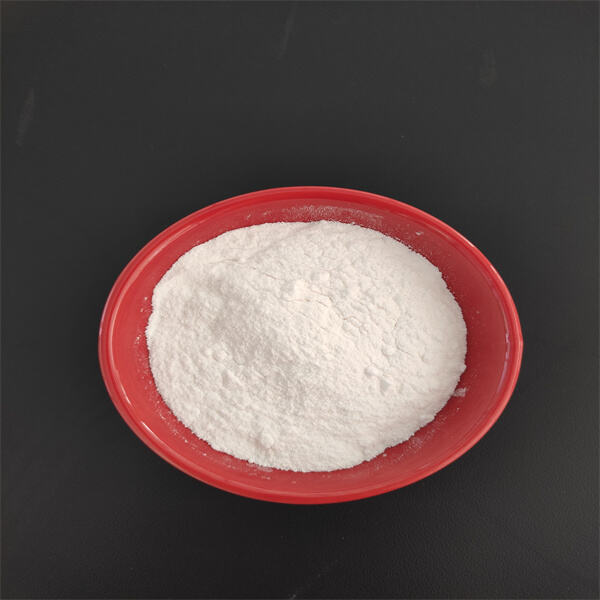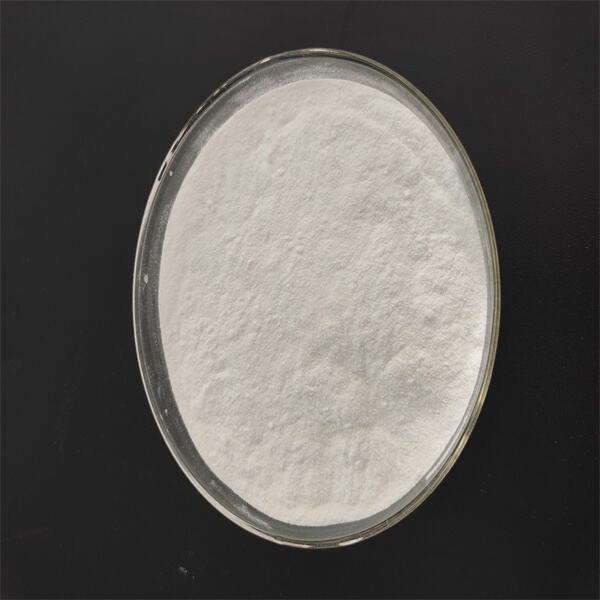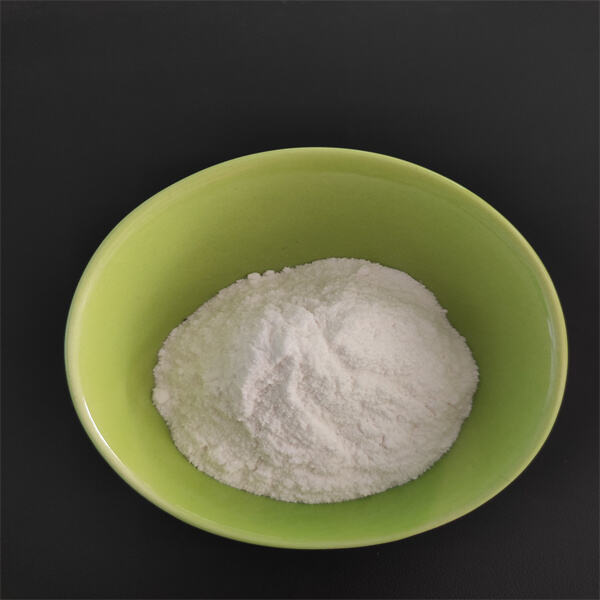Plant growth regulators are kind of like miracle elixirs for plants that help them become big and strong. They're helpers who see to it that plants have what they need to grow well and make yummy fruits and vegetables. Today we will learn about Plant growth regulators and their role in maintaining plants healthy.
Plant growth regulators are natural or synthetic chemicals that regulate the growth, development and responses of the plant, promote growth at very low concentrations, and deactivate or kill the plant at higher concentrations. Just as children need vitamins to grow healthy, plants need these regulators to grow as they should. They assist with widely useful processes like seed germination, root development, blooming and ripening fruits. They help plants to grow at the speed and in the right direction that they need to be the best that they can be.
Plant growth regulators in gardening, the science of growing plants – there are many benefits. They are used to help farmers and gardeners save time and money by making plants grow faster and make more fruits and flowers. They also help plants cope with harsh conditions such as drought and heat, and trees that lose them may not be as healthy. Plant growth regulators can also make fruits and vegetables larger, juicier and tastier.

Selecting proper plant growth regulators can assist plants in growing well. One size does not fit all plants, and it’s crucial to use the right regulators for the right things. Some regulate the growth of roots; others regulate the development of flowers. By understanding the needs of each plant and using the right regulators, gardeners can help ensure that plants grow strong and produce many fruits and flowers.

Plant growth regulators mimic or interfere with the action of natural plant hormones. These hormones are kind of like signals that alert the plant when it’s time to grow, flower or ripen fruits. By tweaking these signals, regulators can dictate how plants grow. For instance, cytokinins assist plants in growing new cells and staying young, and auxins help with root growth. As researchers get a better handle on how these regulators work, they will be better able to help plants grow faster and healthier.

Farmers and gardeners can utilize plant growth regulators to produce healthier plants. Regulators can help plants resist diseases and bugs, take up nutrients more efficiently, and deal better with challenging environmental conditions. They also could assist the plants in producing more flowers and fruits, resulting in better crops. Use the proper plant growth regulators and we will get the best plants and the best fruits and vegetables.